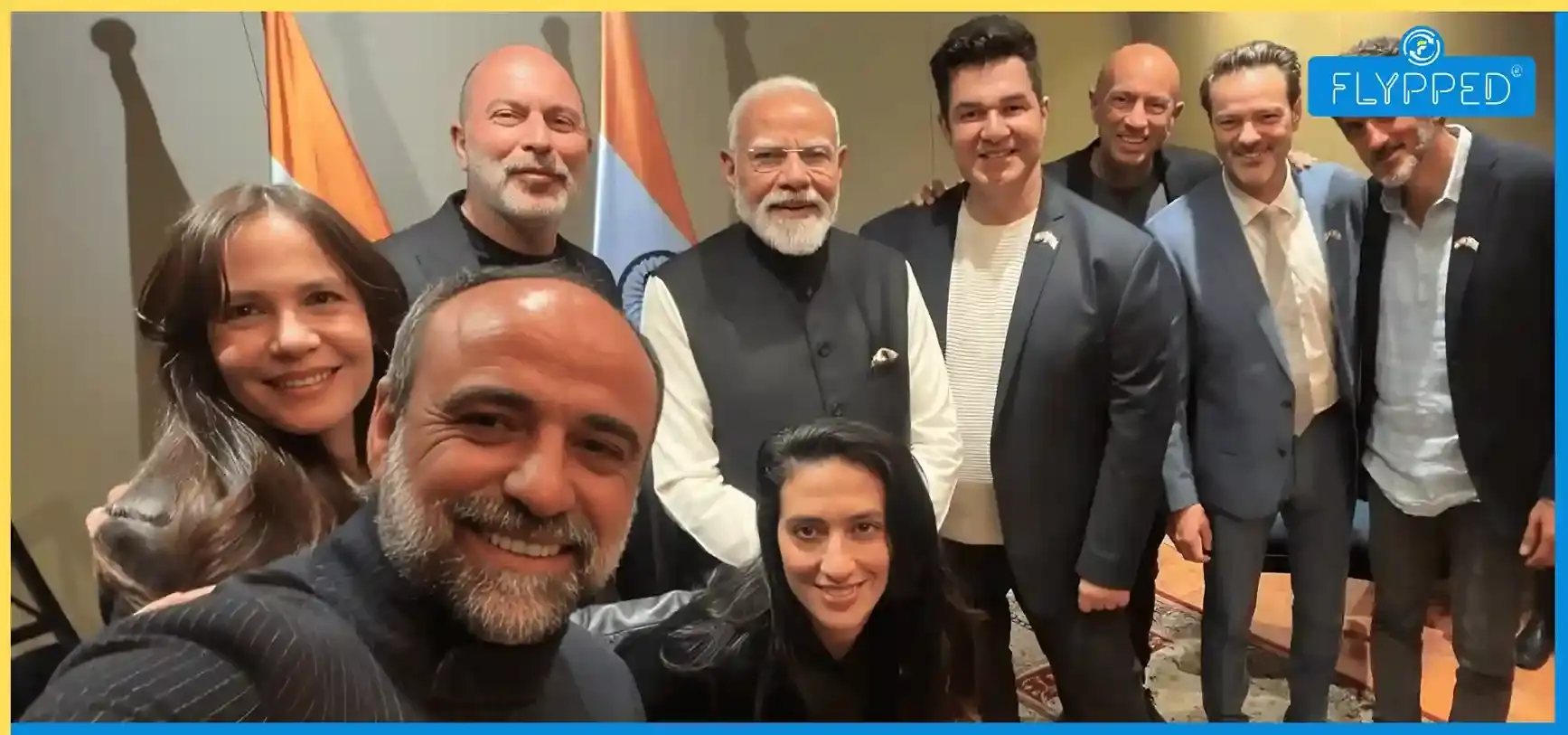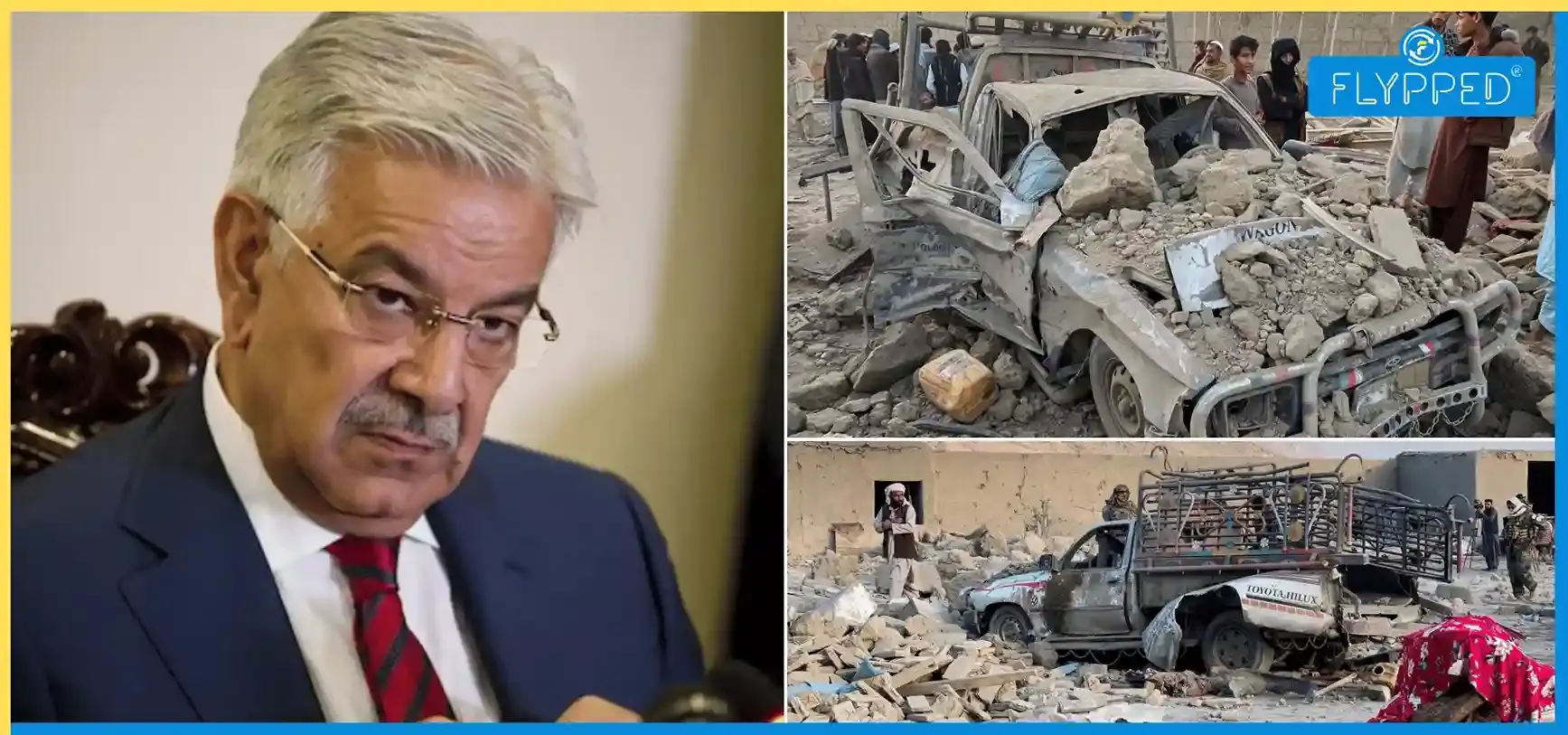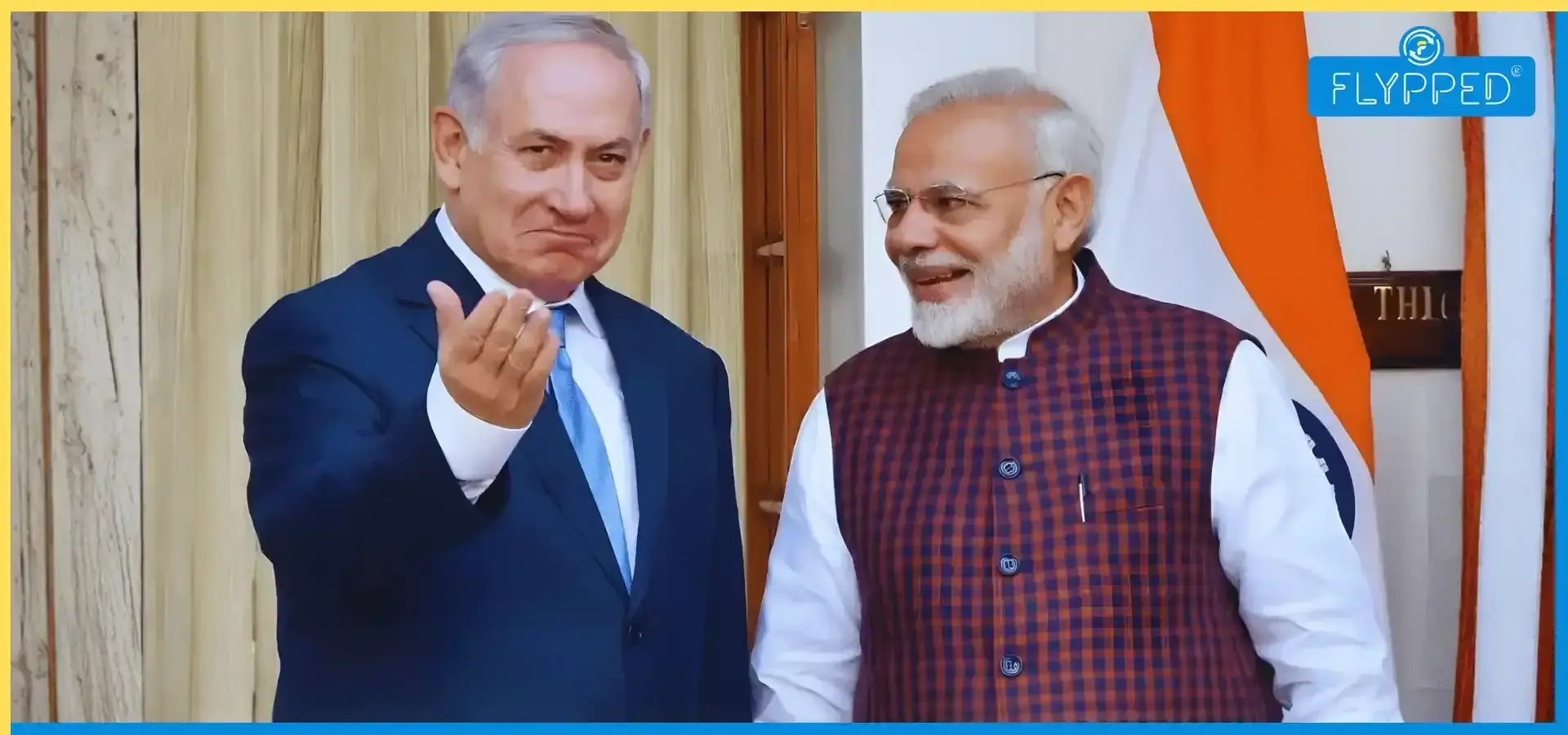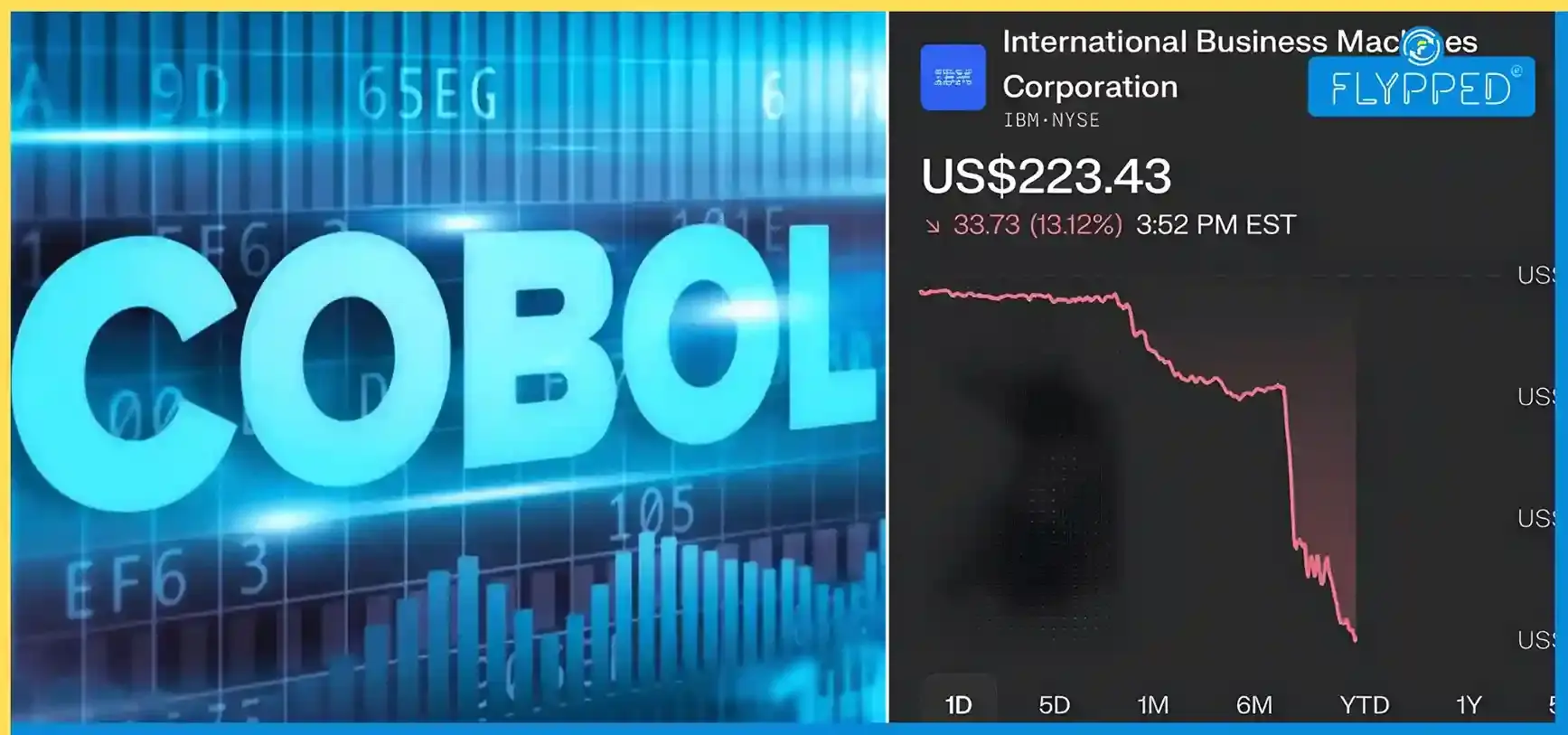PM Modi receives Kuwait's top honor 'The Order of Mubarak Al Kabeer' and signs defense pact
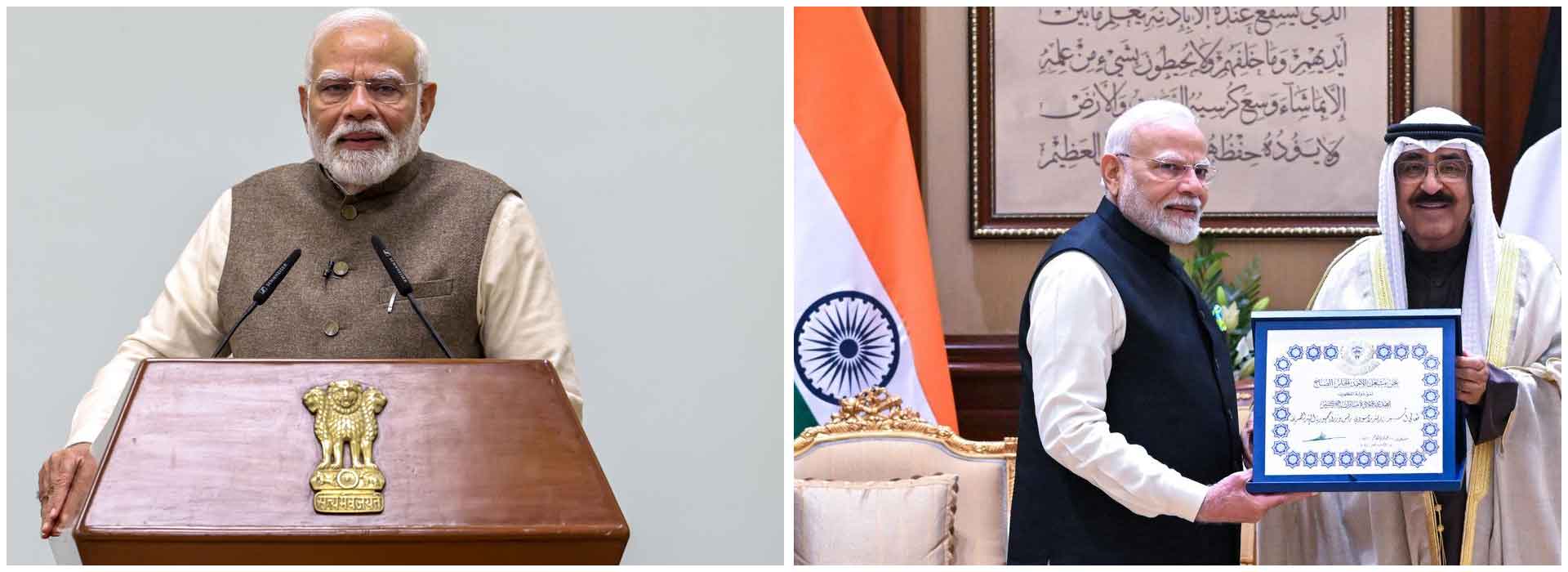
In a historic moment that underscores the strengthening ties between India and Kuwait, Prime Minister Narendra Modi has been awarded Kuwait's highest civilian honor, The Order of Mubarak Al Kabeer. This prestigious recognition celebrates his contributions to fostering bilateral relations between the two nations. The occasion also witnessed the signing of a significant defense pact, signaling a new chapter in India-Kuwait relations. Let’s break it down and explore what this means for the two nations and the region at large.
A Historic Honor for PM Modi
The Order of Mubarak Al Kabeer is the highest accolade Kuwait bestows upon individuals for outstanding contributions to the country or bilateral ties. For Prime Minister Modi, this honor is not just a personal recognition but a reflection of India's growing stature on the global stage.
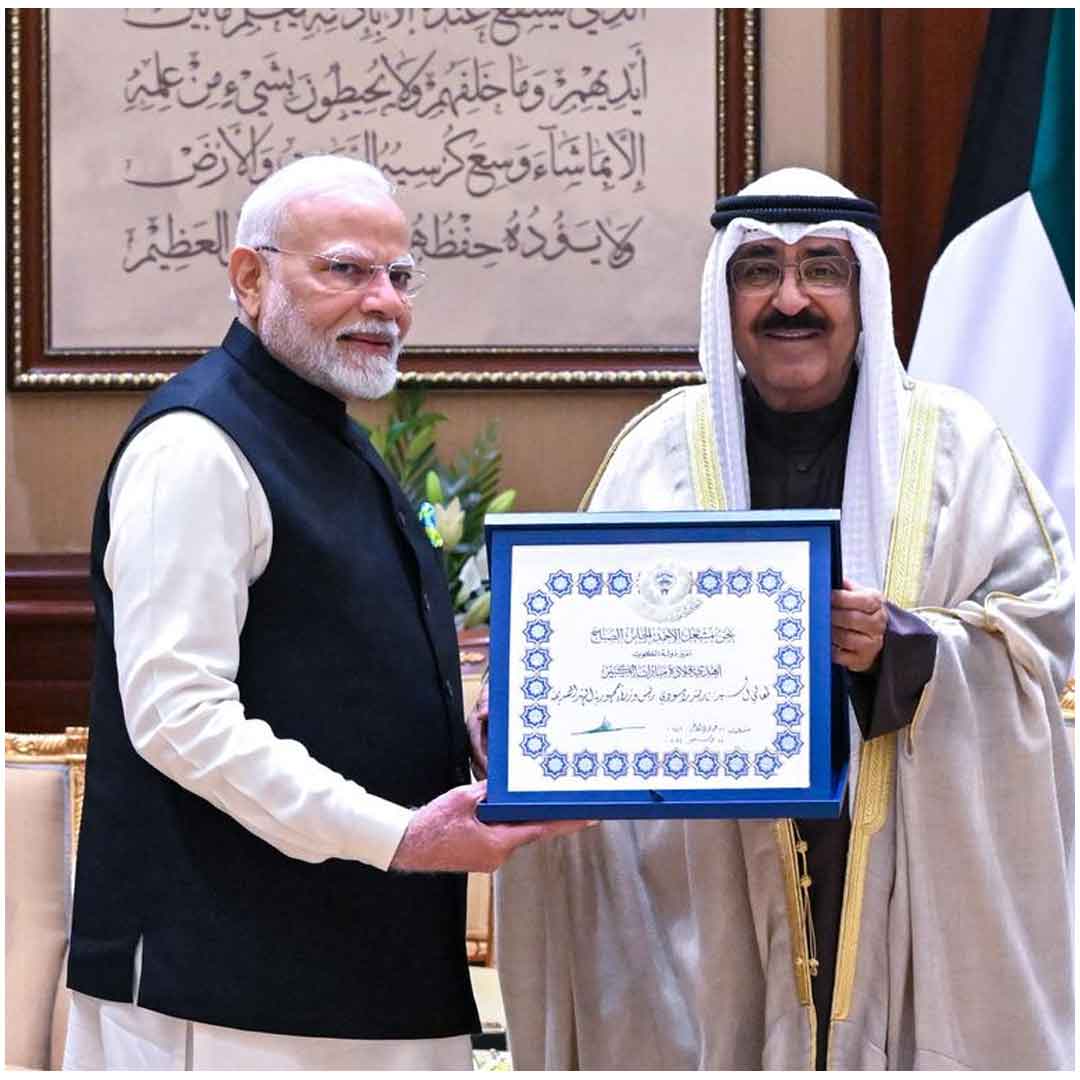
Kuwait and India share a long history of cultural and economic exchanges that date back centuries. This award acknowledges Modi's efforts in nurturing this legacy. Over the years, his administration has actively engaged with Gulf nations, including Kuwait, to enhance trade, defense, and energy collaborations. Such efforts have significantly strengthened India's position as a strategic partner in the Middle East.
The conferral ceremony was marked by grandeur, with Kuwait's Emir personally bestowing the honor on Modi. This gesture symbolizes the warmth and trust shared between the two leaders and their nations.
India-Kuwait: A Bond Beyond Borders
India and Kuwait share more than just a trade relationship; they share a deep cultural and emotional bond. With over a million Indians working in Kuwait, the Indian diaspora forms a vital part of Kuwait's workforce, contributing to its economy and society. These expatriates also play a key role in fostering people-to-people connections, making the relationship between the two countries unique and special.
The two nations have also collaborated closely during challenging times. During the COVID-19 pandemic, India ensured the supply of essential medicines, including vaccines, to Kuwait. In return, Kuwait extended its support by sending medical supplies to India during the peak of its COVID-19 crisis. Such gestures have only deepened the mutual respect and partnership between the two nations.
The Signing of a Landmark Defense Pact
Alongside the recognition of Modi's contributions, the two nations also took a significant step forward by signing a defense cooperation agreement. This pact is expected to elevate their strategic partnership, focusing on areas such as:
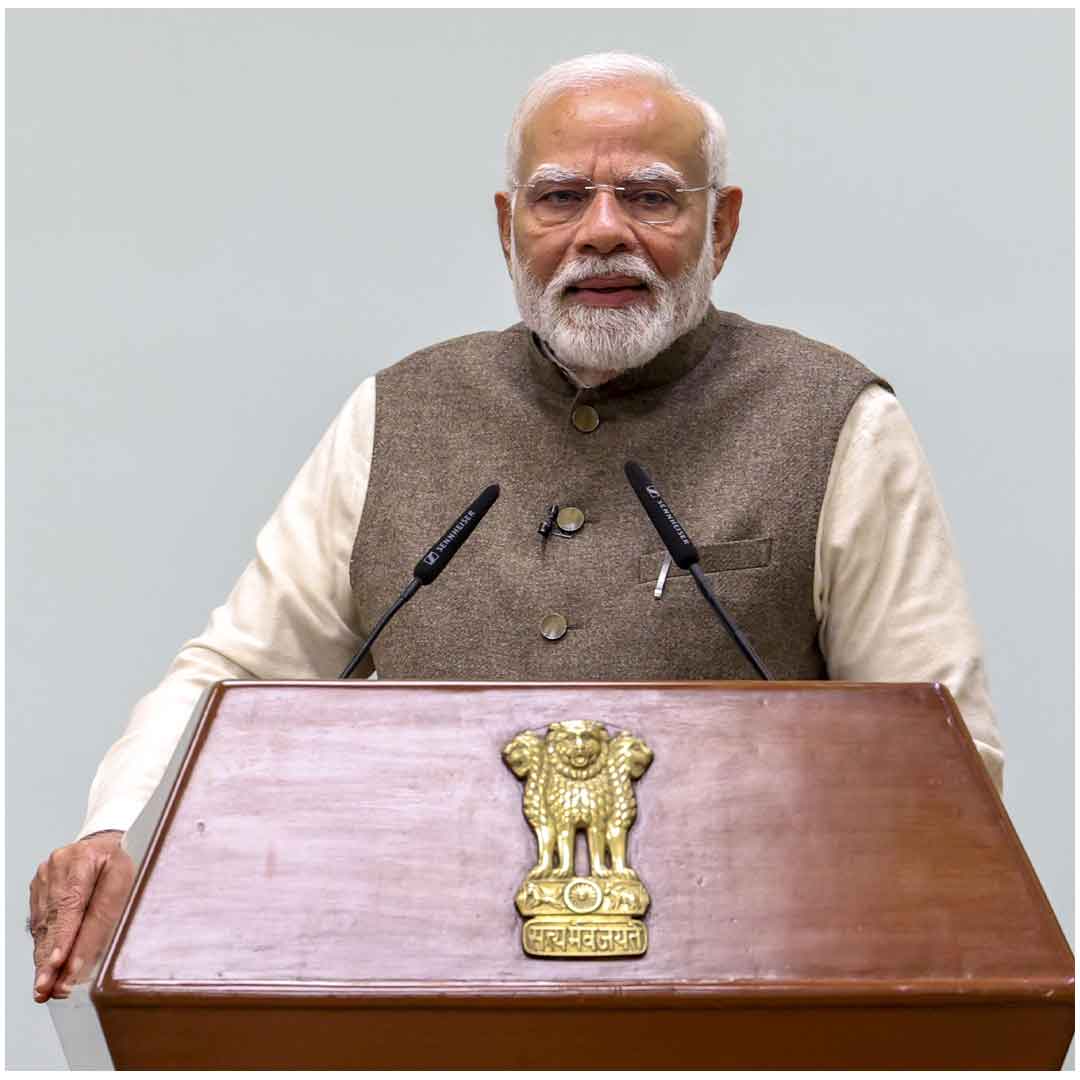
- Joint Training and Exercises: Enhancing the interoperability of their armed forces to address regional challenges effectively.
- Technology Sharing: Collaborating on defense technology and systems to bolster capabilities.
- Maritime Security: Ensuring safe and secure waterways in the Persian Gulf, which is critical for global trade and energy supply chains.
This defense pact highlights India’s growing engagement with Gulf nations in areas beyond traditional trade and energy. For Kuwait, it represents a step towards diversifying its defense partnerships and ensuring its security amid a turbulent regional landscape.
Why This Matters for India
India’s relationship with Kuwait is part of its broader Gulf strategy. The Gulf region is home to millions of Indian expatriates and is a critical source of energy imports. By deepening its ties with Kuwait, India not only secures its energy needs but also strengthens its strategic foothold in the Middle East.
The defense pact, in particular, aligns with India’s goal of enhancing regional security and countering threats such as piracy and terrorism. It also opens avenues for defense exports, an area where India is making rapid strides under its Make in India initiative.
Furthermore, this partnership supports India’s aspiration to be a responsible global player that contributes to peace and stability in the region. By working closely with Kuwait, India can play a more proactive role in ensuring regional security.
What This Means for Kuwait
For Kuwait, this collaboration with India is a strategic move to enhance its defense capabilities and diversify its partnerships. While Kuwait has traditionally relied on Western nations for defense support, its engagement with India represents a shift towards broadening its alliances.
https://twitter.com/dpradhanbjp/status/1870814228224921930
India’s expertise in areas such as maritime security and its growing defense manufacturing capabilities make it a valuable partner for Kuwait. The defense pact also underscores Kuwait’s commitment to maintaining stability in the Gulf region, which is vital for its economic prosperity.
The Bigger Picture
India’s growing ties with Kuwait are part of a larger narrative of strengthening partnerships with Gulf nations. In recent years, India has signed similar defense agreements with countries like Saudi Arabia and the UAE. These relationships are not only about defense but also encompass trade, energy, and cultural exchanges.
The Gulf region is undergoing significant transformation, with nations like Kuwait diversifying their economies and playing a more active role in global affairs. India, with its burgeoning economy and global aspirations, is a natural partner in this journey.
A Milestone Moment
The recognition of PM Modi with the Order of Mubarak Al Kabeer and the signing of the defense pact mark a milestone in India-Kuwait relations. These developments symbolize the trust and goodwill shared between the two nations and pave the way for deeper collaboration in the future.
As the world grapples with complex challenges, partnerships like these underscore the importance of dialogue, mutual respect, and cooperation. For India and Kuwait, the journey ahead promises to be one of shared growth and prosperity. This historic moment is not just a testament to their friendship but also a harbinger of greater things to come.
In the years ahead, we can expect India and Kuwait to continue building on this foundation, creating a partnership that benefits not just their citizens but also contributes to regional and global stability.
Click to read the full article

